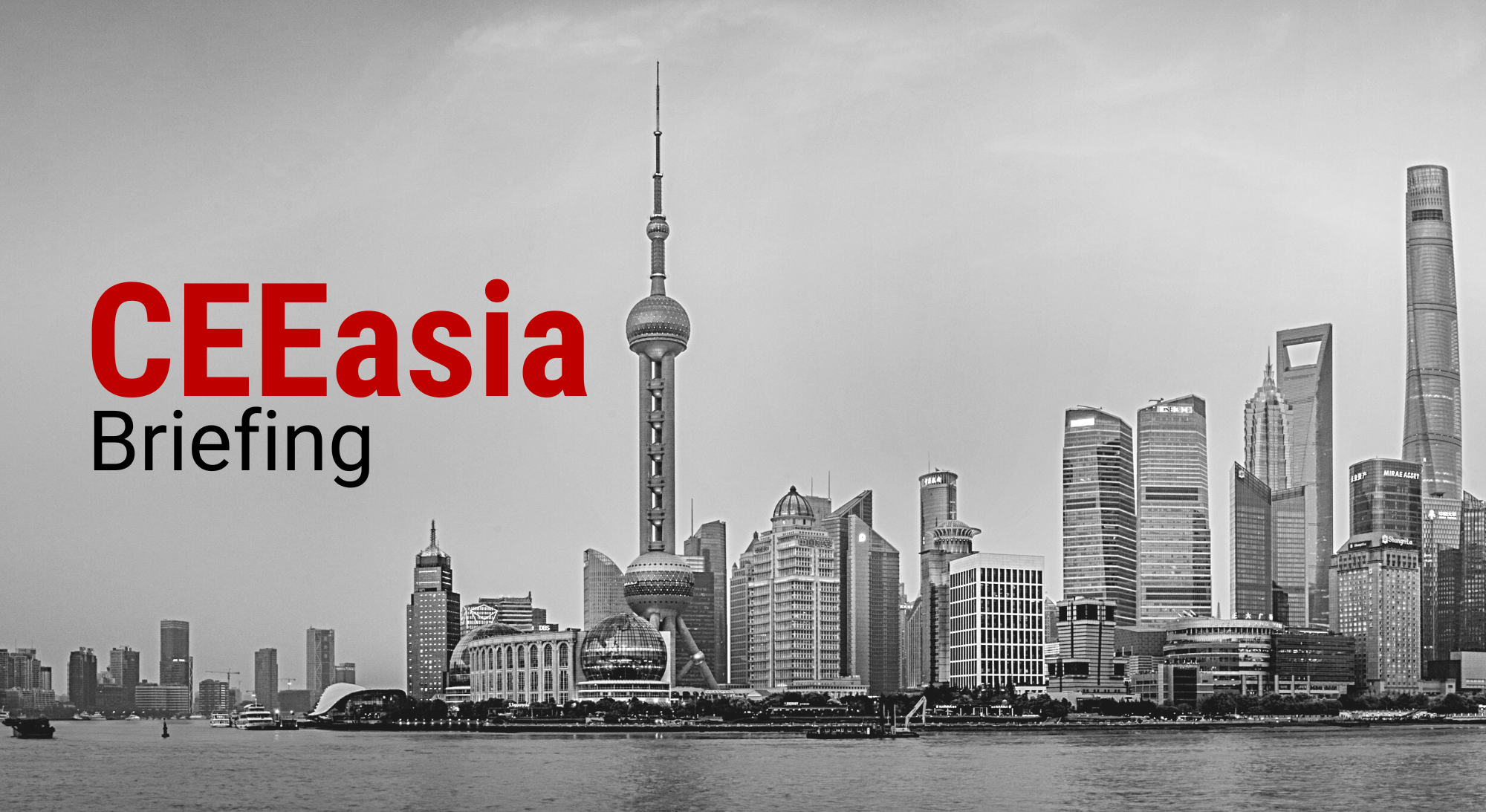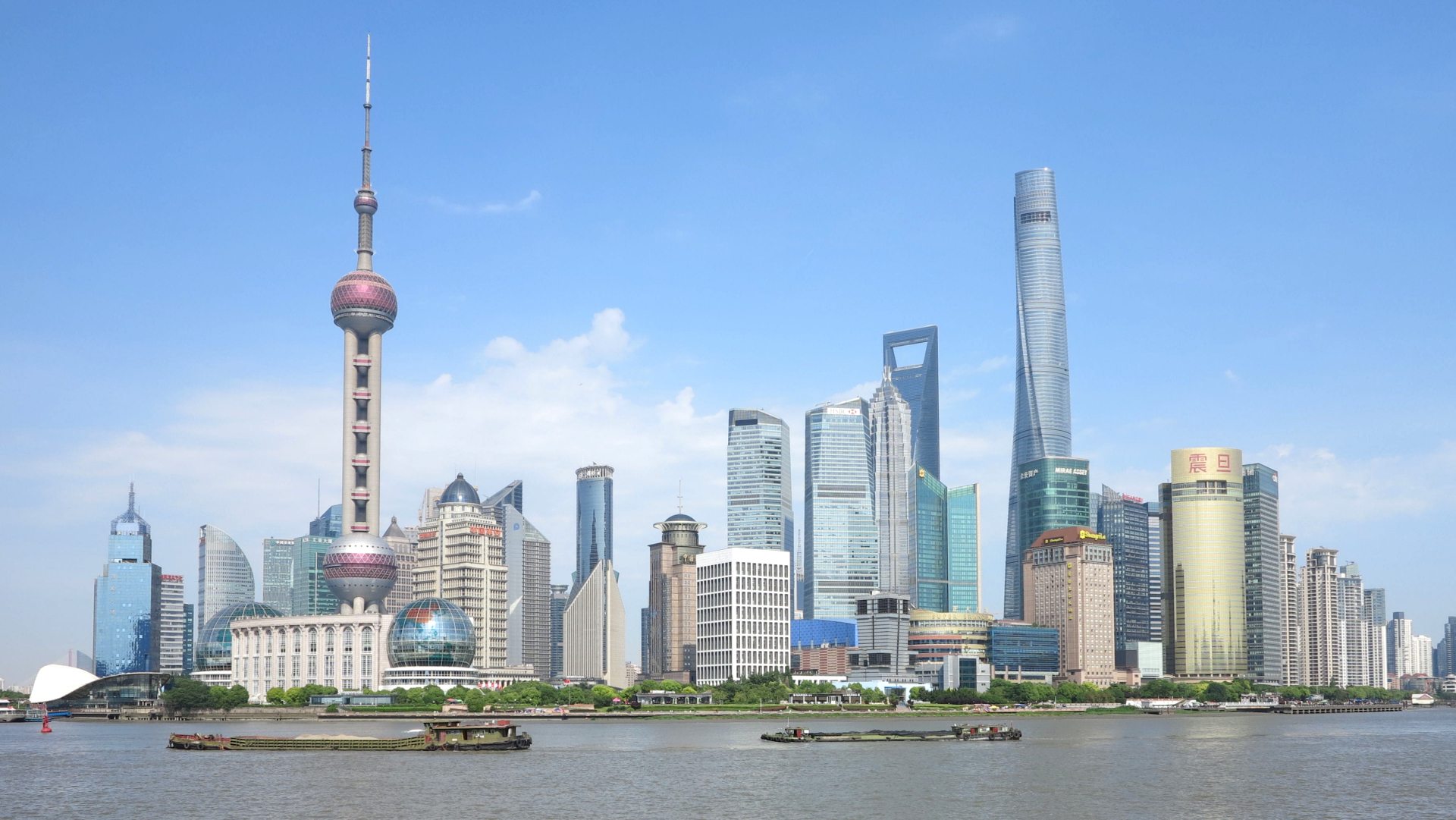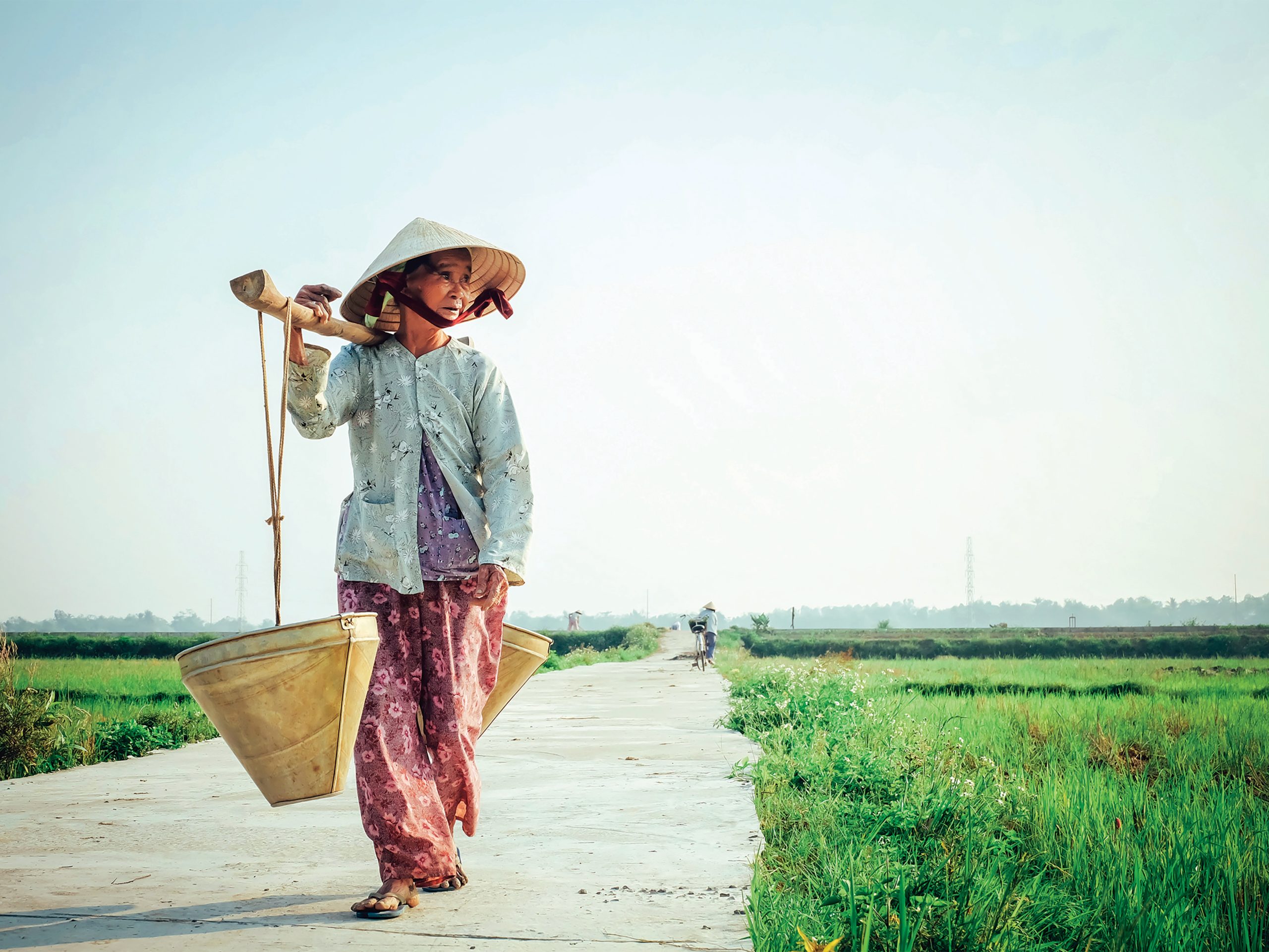Welcome to the 36th issue of the #CEEasia Briefing.
In this issue, we dissect the following topics:
- China, South Korea, and Germany invest into Hungary’s EV industry
- Škoda to potentially withdraw from China
- The Taiwanese-Slovak Commission on Economic Cooperation
- EU-ASEAN summit
If you like what you see, please forward this message to your friends and colleagues who can subscribe here.
Do you need to know more about East Asia? Don’t hesitate to shoot us a message about custom analysis tailored to your needs.
1. China, South Korea, and Germany invest into the Hungarian EV industry
What’s going on? Hungary is emerging as a new European leader in the electric vehicle (EV) market. This is thanks to the continuing flow of investments from both German automakers as well as East Asian battery producers, both of which have been opening an increasing number of plants across Hungary. The East Asian investments are coming mainly from China and South Korea, with the announced €7.4 billion investment by the Chinese CATL manufacturer in Debrecen being the largest and the €726 million investment by the South Korean W-Scope in Nyíregyháza the third largest investment in Hungary this year, breaking the country’s previous inward FDI records.
Going deeper… The city of Debrecen is of particular interest, as it best shows the level of convergence and complementarity between the German, Chinese, and South Korean companies in Hungary. Indeed, the opportunity for automakers and battery producers to work next to each other, as seen in the case of the planned CATL and BMW expansions in Debrecen, coupled with the generous subsidies and tax breaks provided by the Hungarian government, is a strong pull factor for foreign investors.
This means… With the establishment of full auto and battery supply chains in the country, Hungary may well become a major EV hub in Europe, which could subsequently strengthen its position within the EU, especially considering the bloc’s emphasis on strategic autonomy. Nevertheless, the dominant role played by Chinese and other Asian investments in Hungary’s booming auto and battery industries stands in stark contrast to Europe’s attempts to decrease technological dependency. Moreover, obstacles related to labor, energy, and water supply shortages, as well as the lack of support from the local populations, may further complicate Hungary’s EV ambitions.
Further reading:
Reuters: German car giants and Asian battery kings: a match made in Hungary
FT: The electric vehicle boom in a quiet Hungarian town
2. Škoda to potentially withdraw from China
What’s going on? Czech carmaker Škoda Auto, part of the Volkswagen group, is considering withdrawing from China and will make a final decision in the following year. There are several reasons for such considerations, including Chinese customers’ support for domestic production, representing a robust competition for Škoda. Nevertheless, the company argues that numerous other markets in Asia could be promising for the company’s business, pointing out India and Vietnam in particular.
Going deeper… China has been one of the biggest markets for Škoda, but sales have fallen sharply since 2019. One apparent reason for this decline is the pandemic’s impact. According to its annual report, Škoda had a 0.6 percent market share in China in 2021. The brand’s Chinese deliveries were down 31 percent to 36,300 vehicles in the first three quarters, and its international deliveries fell by 22 percent to 544,500 during the same period. Škoda is thus likely to join several other automobile brands that have since 2018 announced their withdrawal from the Chinese market, including Suzuki, Fiat, Opel, Renault, and Jeep.
This means… Škoda may exit China amidst the intense competition from local brands, possibly shifting its production to other Asian countries, which may represent a new beginning for the automotive brand. One alternative is to sell and build cars in Vietnam with a higher growth potential of up to 40,000 vehicles, including a plan to open a new local factory in 2024. Another alternative is offered by India, which, as the fourth-largest automotive industry and the fifth-largest automobile market in the world, surpasses even Germany in terms of sales.
Further reading:
Reuters: Volkswagen’s Skoda considers withdrawing from China, Automobilwoche reports
MM: India is the next manufacturing hub for automobiles
3. The Taiwanese-Slovak Commission on Economic Cooperation
What’s going on? Following the successful session in Taipei in 2021, the second session of the Taiwanese-Slovak Commission on Economic Cooperation was held in Bratislava this year. Whereas the last session concluded with the signing of nine MoUs, three MoUs pledging to boost bilateral trade, startup exchanges and semiconductor collaboration were signed this year.
Going deeper… The collaboration on semiconductors is of particular interest, as Slovakia is one of several EU countries, alongside Germany, Lithuania, and Czechia, that have repeatedly expressed a strong interest in either directly hosting a foundry by a Taiwanese semiconductor manufacturer or playing a major role in the EU’s efforts to diversify its semiconductor supply chains and develop its autonomy in all related aspects, from design to production.
This means… Cooperation in economic and technological spheres remains the cornerstone of not only Slovak-Taiwanese but also EU-Taiwanese relations. This is further translated into the bloc’s vocal support for peace and stability in the Taiwan Strait, with the EU’s dependency on Taiwanese semiconductors being a major driver. EU’s strategic autonomy in the semiconductor industry is thus seen as a major way of alleviating a disruption in case of a Taiwan contingency. However, as this is something that Taiwan is aware of, the island nation is likely to continue balancing between strengthening its economic relations with the EU whilst simultaneously keeping its technological edge over the bloc. In any case, considering its vocal support for the island nation, CEE is likely to play a significant role in any future EU-Taiwanese semiconductor developments.
Further reading:
Focus Taiwan: Taiwan, Slovakia sign MOUs to boost exchanges on trade, semiconductors
CEIAS: CEEasia#24: Slovak delegation visits Taiwan
CEIAS: EU-Taiwan Tracker
4. EU-ASEAN Summit
What’s going on? Leaders from the European Union (EU) and the Association of Southeast Asian Nations (ASEAN) gathered for the first in-person summit celebrating the 45th anniversary of their diplomatic ties. The event occurred in Brussels with representatives from the EU-27 and all Southeast Asian countries except Malaysia’s newly elected Prime Minister Anwar Ibrahim, and the representative of Myanmar’s military junta. Although the summit concluded with various agreements, including the Plan of Action to Implement the ASEAN-EU Strategic Partnership (2023-2027), the two blocks have neither formalized the EU-ASEAN summit on a regular basis nor agreed on the EU’s participation in the East Asia Summit (EAS), which the EU has desired for a long time.
Going deeper… The event centered primarily on extending economic relations. ASEAN is the EU’s third-largest trading partner, with the prospects of becoming the world’s fifth-largest economy by 2030. The EU is engaged in the negotiation talks on FTAs with separate ASEAN countries, which require a lot of diplomatic compromises to settle contested issues ranging from palm-oil policy to human rights. The belief nevertheless persists that in the long-term, these FTAs would culminate in a regional block-to-block agreement.
Additionally… Whilst the war in Ukraine dominated the discussion by the EU leaders, the topic was seemingly met with a cold shoulder by the ASEAN leaders, who emphasized equity in mutual relations and the non-enforcement of the Union’s beliefs and standards on its Southeast Asian partners. The only country openly condemning the Russian aggression in Ukraine was Singapore.
This means… The summit is a clear indication of the growing importance of ASEAN in the Indo-Pacific and the EU’s long-term endeavor to forge a closer partnership and step up its role in the region. Indeed ASEAN states are looking to accelerate trade while diversifying away from the two dominant powers in the region – the US and China. Similarly, the EU has decided to bet on trade focusing on energy transition and climate change, the two areas for which ASEAN countries seek investment and access to advanced technologies. That said, the EU also needs to balance its interests and values since finding common ground on issues like human rights, the rule of law, or democracy can be challenging. Moreover, as a source of the largest inward foreign development aid, the EU is still perceived by ASEAN as a “payer but not a player,” which is evident in ASEAN’s disinterest in organizing regular dialogue or including the Union in other regional structures.
Further reading:
DW: EU-ASEAN summit to build trade ties amid global crises
Quick takes on CEEasia developments
CHINA | The Chinese Embassy in Czechia informed that China has closed its two “police stations” in Prague. The stations were supposed to offer “diplomatic services” to Chinese citizens in Czechia. But according to various sources, Beijing used them to collect intelligence on Chinese dissidents. Safeguard Defenders, a Spain-based NGO, said there are over 30 such “police stations” in other European countries. Last month, two such stations were shut down in the Netherlands, whereas the governments of Germany, Ireland, and Spain have opened investigations into the stations. In Central Europe, such stations can also be found in Slovakia, Hungary, and elsewhere.
CHINA | The EU has requested the formation of two WTO panels in its effort to resolve the bloc’s ongoing trade disputes with China. The WTO Dispute Settlement Body previously discussed the EU’s former requests, with China rejecting all of them. And as the WTO’s Appellate Body, the organization’s highest forum for resolving disputes, is currently nonfunctional, and the proceedings by dispute settlement panels can last up to 1.5 years, little progress is likely to be achieved through such multilateral means, while the relations between the two are further deteriorating on a bilateral basis.
SOUTH KOREA | Poland and South Korea are further strengthening their bilateral relations. Apart from the hefty arms deal inked earlier this year, Poland’s Deputy Prime Minister recently announced that Korea Hydro & Nuclear Power will build four nuclear reactors in the city of Konin in central Poland. Moreover, South Korean kimchi manufacturer Daesang plans to open its first European kimchi factory in Poland, piercing the European food market with the traditional Korean dish.
JAPAN | After nearly 10 years, Japan adopted its second National Defence Strategy. According to the document, Russian military activities pose “the most significant and direct threat to security in the European region”, and potential cooperation of Russia and China in the Indo-Pacific “are of strong security concern” to Japan. As a result, the Japanese government plans to “reinforce cooperation with Central and Eastern European Countries, including the Czech Republic and Poland”, to strengthen deterrence and maintain the Free and Open Indo-Pacific region (FOIP).
INDIA | Polish and Indian deputy foreign ministers met for political consultations to talk about bilateral cooperation and pressing regional and global issues. Given the growing role of India in the international arena and ts relations with both Russia and the West, European countries are now pressuring India diplomatically to condemn the war and play a more active role in bringing a peaceful settlement to the conflict.







